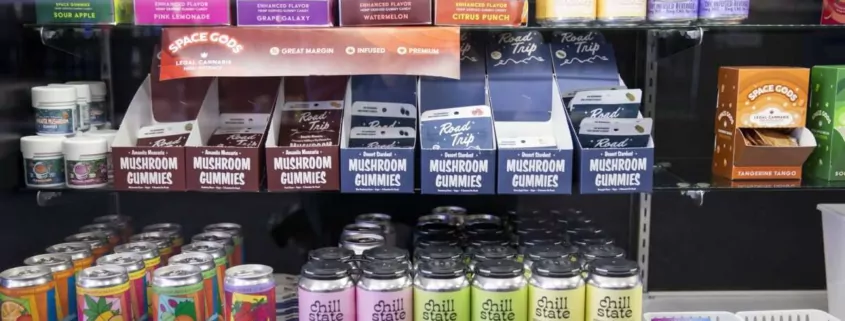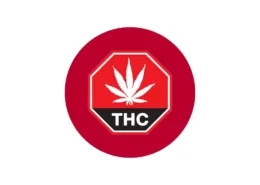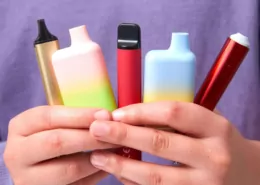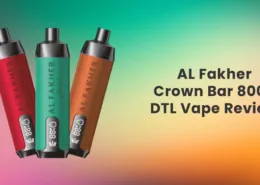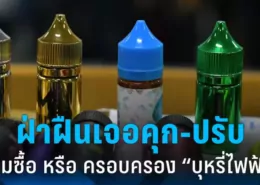Nebraska Advances Bill to Ban Most THC & Hemp Products
Nebraska lawmakers have advanced Legislative Bill 316 (LB 316), a controversial proposal that would ban most consumable hemp and other THC products in the state, including popular items like delta-8 vapes and certain edibles. The bill, championed by State Senator Kathleen Kauth, moved forward after a lengthy four-hour debate, largely characterized by opposition from senators advocating for regulation rather than an outright ban. The advancement, on a 32-15 vote primarily along party lines, sets the stage for a significant shift in Nebraska’s approach to hemp-derived cannabinoids, with profound implications for consumers, businesses, and the state’s burgeoning hemp industry.
What LB 316 Proposes: A Stricter Definition and Broader Prohibitions
LB 316 aims to significantly tighten the definition and regulation of hemp products. If enacted, it would, effective January 1, 2026, prohibit:
- Raw hemp containing above 0.3% tetrahydrocannabinol (THC) of any concentration (the current federal and state standard is 0.3% delta-9 THC).
- Processed hemp products exceeding the lesser of 0.3% total THC on a weight basis or 10 milligrams of THC per package.
The bill narrowly defines legal hemp, primarily leaving a path for non-consumable products like fibers and textiles derived from mature Cannabis sativa stalks, oil, and cake. This redefinition effectively targets many currently legal consumable hemp products containing psychoactive cannabinoids like delta-8 THC, delta-10 THC, and HHC, which gained popularity after the 2018 Farm Bill legalized hemp nationally and Nebraska followed suit in 2019.
A “consumer safe harbor period” would extend through the end of 2025, allowing consumers time to discard products newly defined as illegal. Any remaining legal consumable hemp products would face an additional 10% wholesale tax.
The Debate: Regulation vs. Prohibition
A central point of contention during the debate was whether to regulate the existing market or impose a broad ban. State Senator John Cavanaugh of Omaha led the opposition, filing numerous amendments aimed at shifting the bill towards a regulatory framework. One such “compromise” amendment sought to ban “synthetic” cannabinoids (like K-2 and Spice, which Cavanaugh noted were already illegal since 2011) while protecting naturally “hemp-derived” cannabinoids, including those in CBD lotions. Cavanaugh’s regulatory proposal included provisions for ID checks, in-state product testing, tamper-proof and child-resistant packaging, and a licensing system similar to alcohol control. This amendment ultimately failed on a 16-27 vote.
Senator Kauth, the bill’s sponsor, argued that LB 316 is necessary to put up “guardrails” and protect public health, stating that the current unregulated market allows consumers to “play Russian roulette” with products they assume are legal and safe. She envisions a three-step process for legality under her bill: confirming if a product is cannabis, ensuring it’s free of synthetic or modified cannabis, and verifying it complies with the new, stricter total THC limits. The Attorney General’s Office is also reportedly pushing for LB 316.
Opponents like State Senator George Dungan of Lincoln argued that the bill takes a “hammer” approach where a “scalpel” of regulation is needed. He suggested that concerns about “clean” products stem from the very lack of regulation that Cavanaugh’s amendment tried to address. Dungan also countered the “Reefer Madness” perception of THC users, stating, “what we’re talking about are little old ladies putting cream on their joints.”
Potential Amendments and Shifting Support
Despite advancing, LB 316’s final form is not yet set. Senator Kauth is reportedly seeking to amend the bill to explicitly state it would not conflict with Nebraska’s voter-approved medical cannabis program, a change requested by State Senator Ben Hansen. Another potential amendment aims to provide an “affirmative defense” in court for consumers who purchased products for personal use before the law’s proposed September 2025 effective date, a move to appease State Senator Tom Brandt. Both Hansen and Brandt, Republicans, have indicated their continued support for LB 316 is conditional on these future amendments. With only a few legislative days remaining before the scheduled adjournment, the window for these changes is narrow.
Fiscal and Economic Concerns
The proposed ban has also raised significant fiscal concerns. Senator Dungan, who sits on the Revenue Committee with Kauth, highlighted a fiscal estimate projecting at least $2.9 million in lost state revenue and approximately $530,000 in administrative costs over the next two fiscal years if LB 316 passes. These revenue losses would likely grow over time. This comes as the state has limited surplus funds after addressing a major projected budget deficit. The new excise tax revenue generated by the bill on any remaining legal products would be directed toward property tax relief.
Critics, including Senators Danielle Conrad, Cavanaugh, and Dungan, argue that LB 316 will put many Nebraskans out of business, including small business owners and farmers involved in the hemp industry, and that supporters of the bill are not adequately considering these economic harms.
New Penalties and “Felony Factory” Fears
LB 316 introduces new criminal penalties and redefines existing ones. Opponents, like State Senator Wendy DeBoer, vice chair of the Judiciary Committee, fear the bill could create a “felony factory.” While Senator Carolyn Bosn, chair of the Judiciary Committee, described the changes as a “clarification” that would align hemp products exceeding the new THC limits with existing marijuana possession penalties (infraction for <1 oz, misdemeanor for 1 oz – 1 lb, felony for >1 lb), DeBoer argued the “affirmative defense” provision itself suggests potential felony charges. Senator Cavanaugh added that this defense is not a “get out of jail free card,” particularly for individuals who might not keep receipts for products purchased legally before the ban.
State Senator Jared Storm, who prioritized LB 316, has previously stated that “effective regulation of this industry is impossible” and dismissed the targeted products as “garbage,” arguing that health and safety, especially for children, should not be jeopardized for revenue.
Conclusion: An Uncertain Future for Hemp and THC in Nebraska
Legislative Bill 316 represents a significant and contentious effort to reshape Nebraska’s hemp and THC market. While proponents emphasize public health and safety, particularly for youth, opponents decry the broad prohibitions, potential economic fallout, and the shift away from regulation towards an outright ban for many currently legal products. The bill’s advancement without key opposition amendments indicates a strong legislative will to enact these changes, but conditional support from some senators and the limited time for further amendments mean its final form and impact remain subject to further debate and potential legal challenges. If passed, LB 316 will undoubtedly lead to a drastically different landscape for consumable hemp products in Nebraska.
- UK Considers £100 Fines for Vaping at Outdoor Bus Stops - July 29, 2025
- Spain Galicia to Ban All Vape Sales and Use for Minors - July 29, 2025
- Poland to Tax Nicotine Pouches & Other Vape Products from Aug 1 - July 29, 2025

